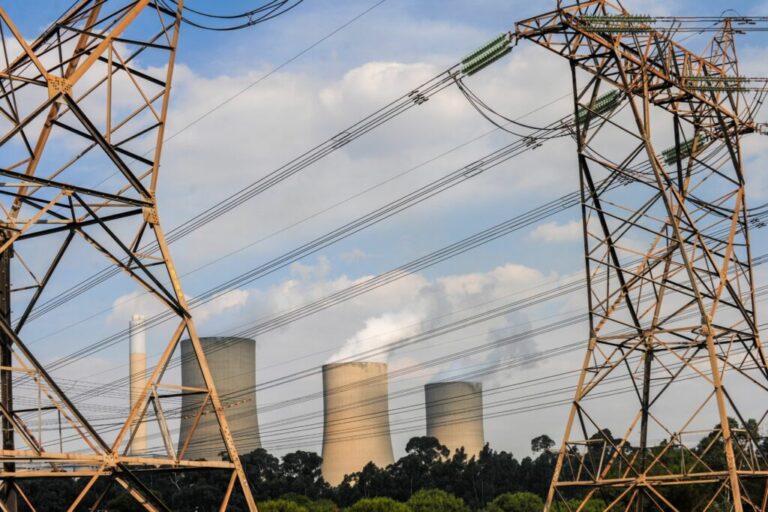You can also listen to this podcast on iono.fm here.
ADVERTISEMENT
CONTINUE READING BELOW
Download the free LiSTN audio app on Google Play, Apple or here.
JEREMY MAGGS: More than three years after being announced, finally, Eskom has taken the first step of separating its business operations into three separate companies. It’s appointed a board of non-executive directors from the National Transmission Company of South Africa (NTCSA). Some commentary now from Ruse Moleshe, who is a development finance and energy expert. Ruse, very warm welcome to you. What, in your opinion, then are the primary strategic priorities for the new company?
RUSE MOLESHE: Good afternoon to you and to the listeners. I think the primary priorities are to set up a strategy in line with where government wants to go in terms of the National Transmission Company, which is obviously licensed to hold the transmission assets that Eskom currently has. It will also be trading with the independent power producers (IPP) as well as Eskom generation and others, and then it will also be continuing the importing and exporting of power from different areas in the region.
So the priority will, therefore, be to set up properly the staff that will be transferred from Eskom and to position the company for it to be able to support the transmission of power and enabling of transmission of power in South Africa.
JEREMY MAGGS: So it’s a big job. Where do you think currently the transmission deficiencies are?
RUSE MOLESHE: Currently, the deficiencies are in the fact that most of South Africa is suffering from generation capacity and that capacity needs to be transmitted to where it’s supposed to be. So all the new projects that are supposed to come online will need the development of new capacity, and that is a daunting task, particularly because of the financial or capital requirements for that project. So that is the biggest issue, and government is looking to engage the private sector in this regard, which will be a first for South Africa.
Read: Next big thing: Private investment in SA electricity transmission
JEREMY MAGGS: So it all comes down to money, as you rightly say. Do you think that the splitting of this single entity into three units is going to meet then with favourable investor demand or investor feeling, given the importance of generating and transmitting more power?
RUSE MOLESHE: I think there is an appetite in the market for this transmission business, particularly those entities that are looking to do environmental financing to support renewable energy projects. So international parties have been on the table trying to support government in respect of that. The devil will be in the detail in respect to how this project will be structured whether they will end up attracting the relevant investors. But the market has shown an appetite for it. It depends on the structuring of these transactions.
Listen/read: Why SA’s grid expansion will cost R210bn – and how we can fund it
JEREMY MAGGS: And that’s absolutely critical. How important is that structuring, and where is the risk then attached to that?
ADVERTISEMENT
CONTINUE READING BELOW
RUSE MOLESHE: I think where there may be challenges is the reluctance from government to provide the guarantees to support these transactions. So government will have to come up with creative means to provide certainty to investors that there will be payment. That is why it is critical to have a board, to have a funding model that is robust.
We know that in terms of the funding model, the National Transmission Company will be getting revenue from connecting all these independent power producers and charging fees for that. So those things bode well for the future, but the devil will really be in the detail.
JEREMY MAGGS: Two other or three other issues that this new operating company has got to look at is one, is navigating the regulatory landscape, particularly with regard to licences granted by Nersa (National Energy Regulator of South Africa). The other two, of course, are ensuring compliance and operational excellence. Again, early days, but this needs to be taken into consideration.
Read: Draft IRP 2024 is an ‘admission of failure’
RUSE MOLESHE: Yes, so far, the national regulator has provided the licensing for transmitting, for trading, for imports and exports, and so Eskom has at least overcome that hurdle. I think the most important thing is that since South Africa is looking to change the system, for what is dominated by Eskom, to a system where other players are in the market, it’ll be important then to have ancillary services, which are the services that are backing up the system to ensure that our system is stable. That’s one of the critical elements that this entity is supposed to look at.
Read: Good news about SA’s electricity crisis
JEREMY MAGGS: Ruse Moleshe, thank you very much indeed.

